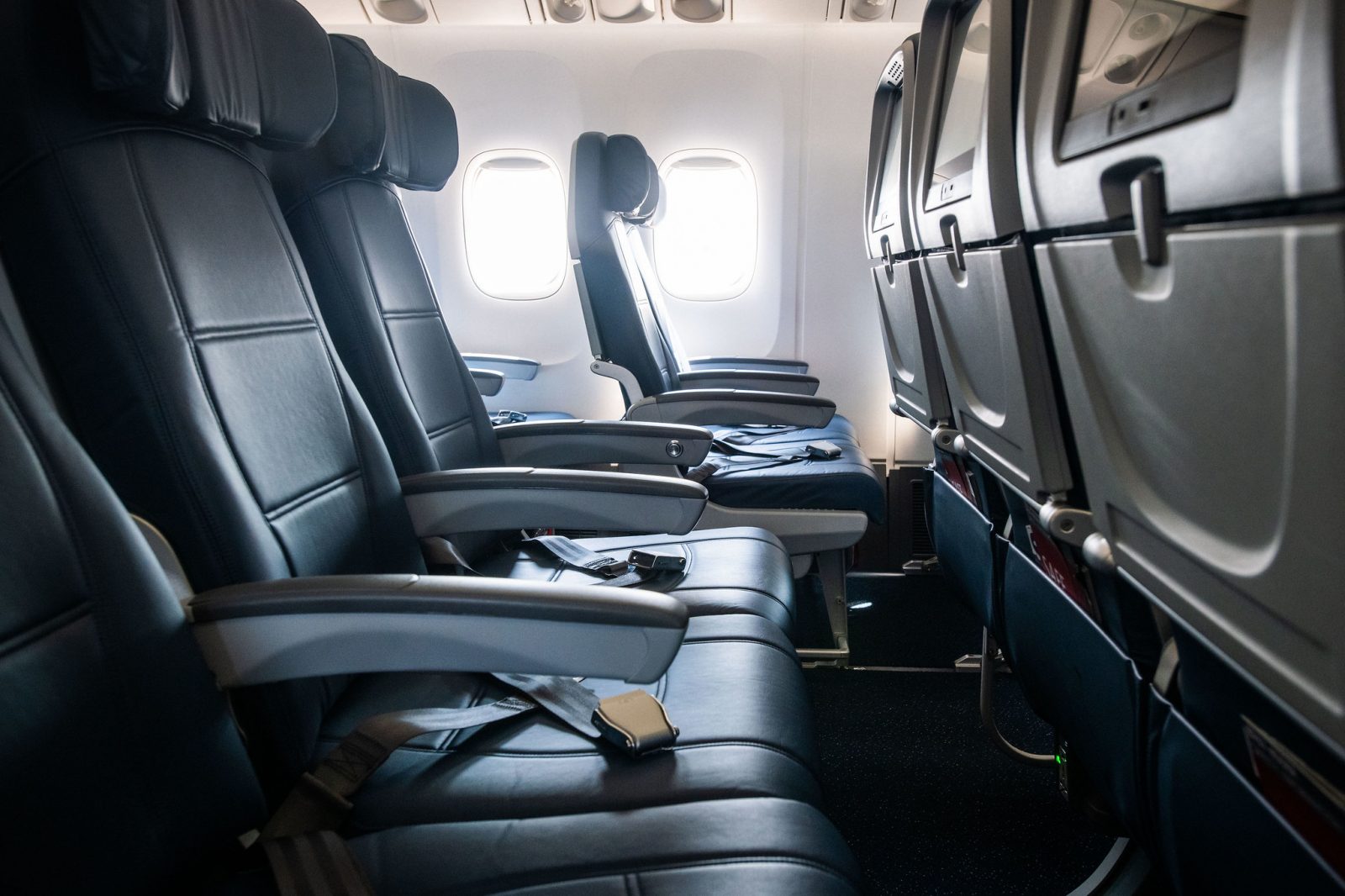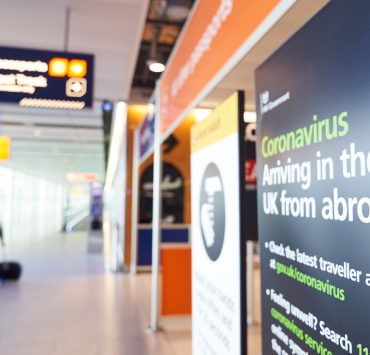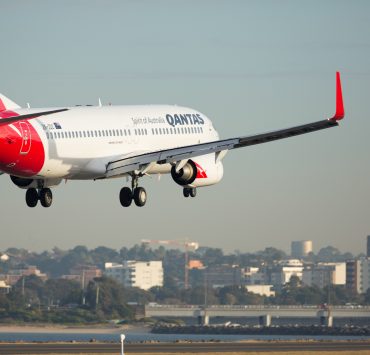
It may soon be the end of the line for Emotional Support peacocks, miniature horses and pigs onboard U.S. airlines after the Department of Transport made a final ruling on changes to the Air Carrier Access Act which regulates the transportation of service animals onboard commercial airlines.
The biggest change comes as a result of a decision to no longer recognise Emotional Support Animals as service animals. As a result, airlines will be able to simply class ESA’s as pets and charge accordingly for them to be transported. In some cases, airlines will also be able to insist that ESA’s are transported in the aircraft hold rather than in the hold.
The change follows a huge increase in the number of reported incidents involving ESA’s in recent years. Delta Air Lines says cases of urination, defecation, biting and even a serious mauling rose 84 per cent between 2016 and 2020. The airline claimed some passengers were “ignoring the true intent of existing rules”, perhaps in part to game the system by avoiding hefty pet carriage fees.
In fact, the Airlines 4 America trade group estimates that U.S. carriers transported 751,000 emotional support animals in 2017 – a 56 per cent rise on the year before. The figure is almost equal to the number of pets that airlines transported in the same year.
It’s widely believed that some passengers were falsely classifying their own pets as ESA’s in order to avoid charges associated with transporting a pet. A number of online services allowed passengers to get hold of the required certificates without providing proof.
“Removing the current requirement that carriers must transport emotional support animals free of charge will allow market forces to set the price for air transportation of emotional support animals as pets,” the ruling explained. Some airlines charge as much as $175 per pet on a single one-way ticket.
The Department of Transport estimates that airlines could rake in between $54 and $59 million per year in extra fees for transporting ESA’s.
Other changes include defining a service animal as a dog and no other type of animal and requiring airlines to collect forms that attest to the animal’s health, behavior and training – although many airlines already do this.
Airlines will be able to insist that passengers submit these forms within 48-hours of travel which could prove a challenge for some disabled people who need to travel urgently. Service animals will also be restricted to just two per passenger and they must be able to fit within the foot space of their owner.
The DOT insists that a service animal includes all breeds of dog, although Delta has banned pit bulls since 2018. The airline claims that while pits bulls account for less than 5 per cent of the overall dog population, they are responsible for over 37 per cent of vicious dog attacks.
Mateusz Maszczynski honed his skills as an international flight attendant at the most prominent airline in the Middle East and has been flying throughout the COVID-19 pandemic for a well-known European airline. Matt is passionate about the aviation industry and has become an expert in passenger experience and human-centric stories. Always keeping an ear close to the ground, Matt's industry insights, analysis and news coverage is frequently relied upon by some of the biggest names in journalism.









